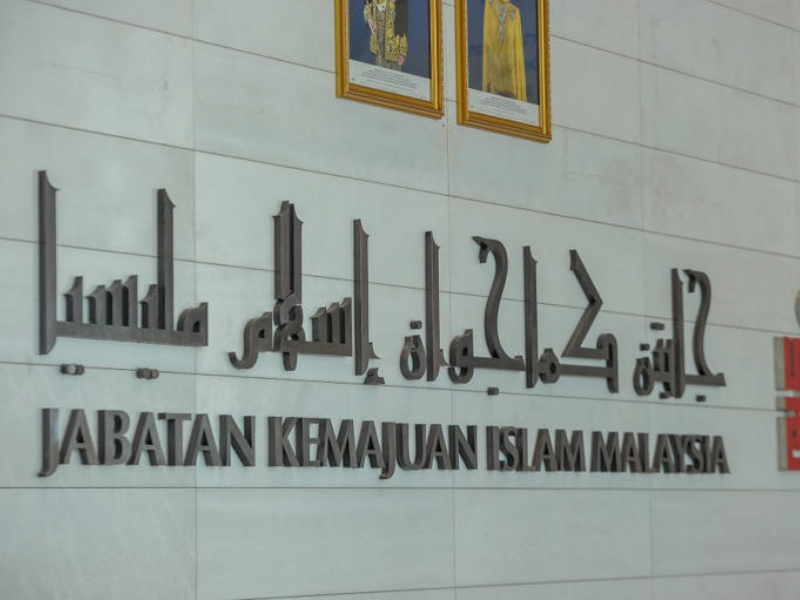The Shariah Index’s Continued Influence on Malaysian Society

9/20/2024 Malaysia (International Christian Concern) — The Department of Islamic Development Malaysia’s (JAKIM) recent proposal for mandatory halal certification for establishments that do not serve pork or alcohol has sparked considerable debate — and it points to a larger societal issue.
A significant underlying factor in this policy development is the Shariah Index, which was introduced in 2015. This index evaluates Malaysia’s adherence to Islamic principles across various sectors, including the economy, education, and social policies. The move toward mandatory halal certification aligns with the objectives of the Shariah Index, which seeks to ensure that public policies and practices reflect Islamic values.
Implementing mandatory halal certification could pose challenges for non-Muslim businesses, particularly those located near places of worship like churches and temples. The financial and regulatory burdens involved in obtaining halal certification may affect the viability of these establishments.
While this policy seeks to promote Islamic principles and provide assurance to Muslim consumers, it concurrently raises significant concerns regarding the effect on non-Muslim enterprises and the broader issue of religious freedom.
The Effects of the Shariah Index in Malaysia
New Economic Policy (NEP), launched in 1971, aimed to enhance the economic position of Bumiputera (ethnic Malays and indigenous communities). Although it effectively reduced poverty levels among Malays, it also resulted in preferential treatment in education, employment, and business opportunities, leading to feelings of marginalization among non-Malay communities, particularly the Chinese and Indians.
Religious Restrictions on Proselytizing and Conversion: Non-Muslim communities face limitations on their ability to proselytize to Muslims. Moreover, converting between faiths poses significant challenges, creating barriers for both Muslims and non-Muslims.
Government Employment Practices: There have been reports of government agencies predominantly filling positions with Muslim candidates, risking the exclusion of qualified non-Muslims. This approach has restricted opportunities in the public sector for non-Muslim individuals, contributing to perceptions of inequity.
Educational Policies and Religious Curriculum: The incorporation of Islamic values into the national education curriculum has led to a sense of exclusion among non-Muslim students. While there are ongoing efforts toward inclusivity, concerns persist about balancing religious teachings with secular education.
Legal and Judicial Systems: Malaysia operates a dual legal system where civil law generally applies to non-Muslims. However, the growing influence of Shariah law raises concerns about the potential effect on civil legal matters, leaving non-Muslims apprehensive about fairness and impartiality.
Social and Cultural Integration: The Ketuanan Melayu Movement (Malay Supremacy): The emergence of the Ketuanan Melayu (Malay Supremacy) movement has created tensions among various ethnic groups. This movement underscores the special status of Malays in Malaysia, which often results in the marginalization of non-Malay communities.
The discussion surrounding the Shariah Index and its implications is crucial for understanding the evolving socio-political landscape in Malaysia. While the intention behind mandatory halal certification may align with Islamic principles, it is essential to consider the broader effect on non-Muslim businesses and the principle of religious freedom in a multicultural society.
To read more news stories, visit the ICC Newsroom. For interviews, please email [email protected].
